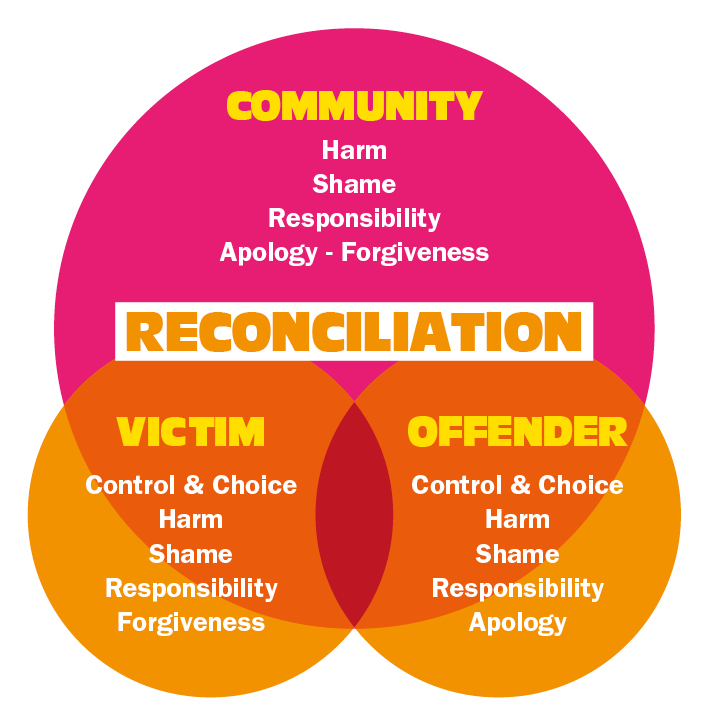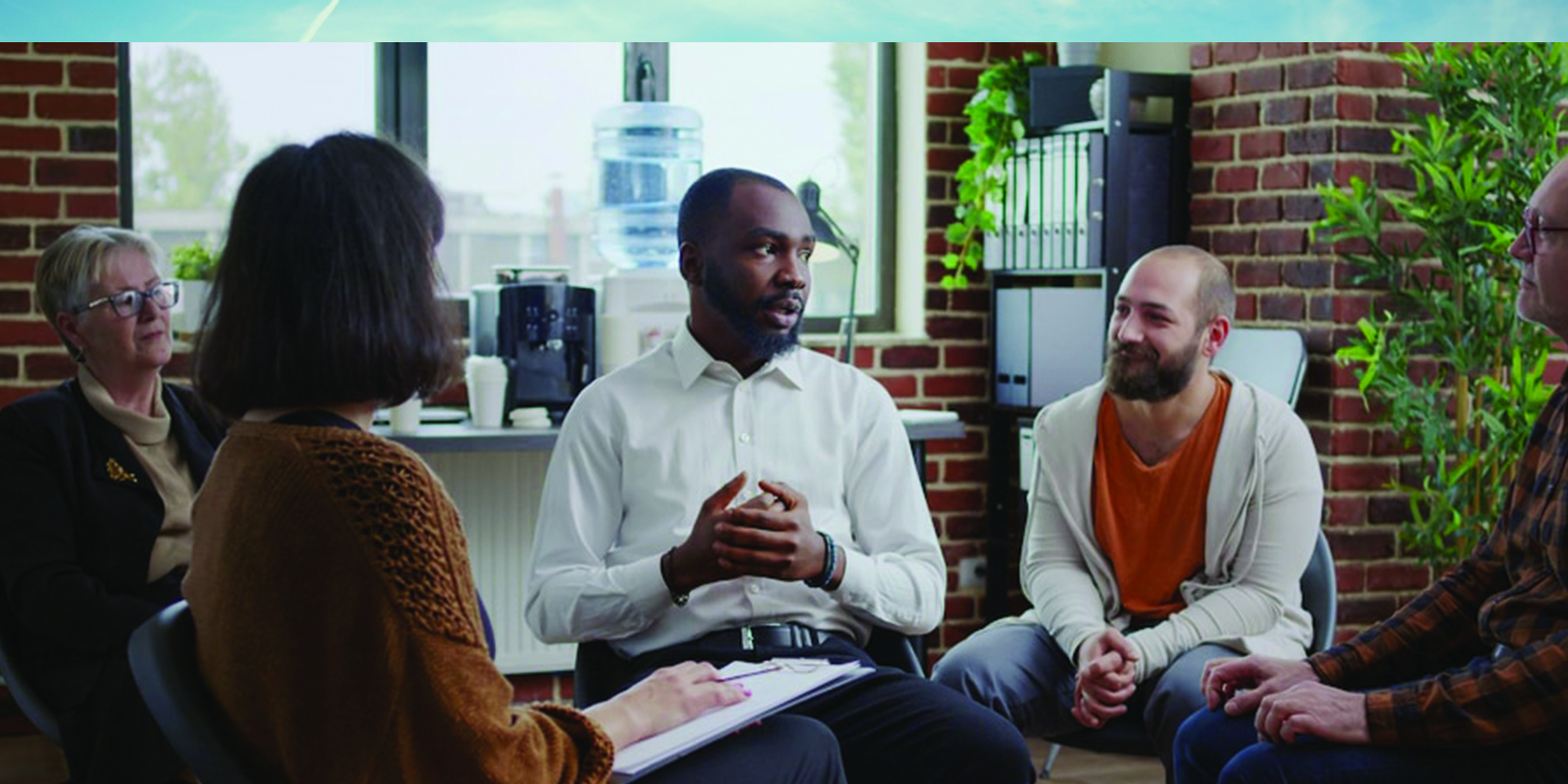This website uses cookies so that we can provide you with the best user experience possible. Cookie information is stored in your browser and performs functions such as recognising you when you return to our website and helping our team to understand which sections of the website you find most interesting and useful.

Restorative justice brings those harmed by crime or conflict and those responsible for the harm into communication.
Enabling everyone affected by a particular incident to play a part in repairing the harm and finding a positive way forward. This is part of a wider field called restorative practice.
It also holds offenders to account for what they have done and helps them to take responsibility and make amends. Government research demonstrates that restorative justice provides an 85% victim satisfaction rate, and a 14% reduction in the frequency of reoffending.
At CANW we aim to help young people and to educate them so they can build a life beyond their offence.

Empowering victims by giving them a voice.
Restorative justice is about victims and offenders communicating within a controlled environment to talk about the harm that has been caused and finding a way to repair that harm.
For offenders, the experience can be incredibly challenging as it confronts them with the personal impact of their crime. For victims, meeting the person who has harmed them can be a huge step in moving forward and recovering from the crime.
Restorative justice conferences, where a victim meets their offender, are led by a facilitator who supports and prepares the people taking part and makes sure that the process is safe. Sometimes, when a face to face meeting is not the best way forward, the facilitator will arrange for the victim and offender to communicate via letters, recorded interviews or video.
For any kind of communication to take place, the offender must have admitted to the crime, and both victim and offender must be willing to participate.
Restorative justice can be used for any type of crime and at any stage of the criminal justice system, including alongside a prison sentence.
External links
Downloadable Materials
External Links
Moving on
A short film courtesy of Restorative Justice Council
Moving on shows Lucy, the victim of a mugging, replaying events endlessly in her mind. Only when she meets the mugger in a restorative justice conference is she able to put the incident behind her – it gives her a chance to explain the impact of the crime, and humanises him in the process.
Restorative justice works. Share this film and help us spread the word.

